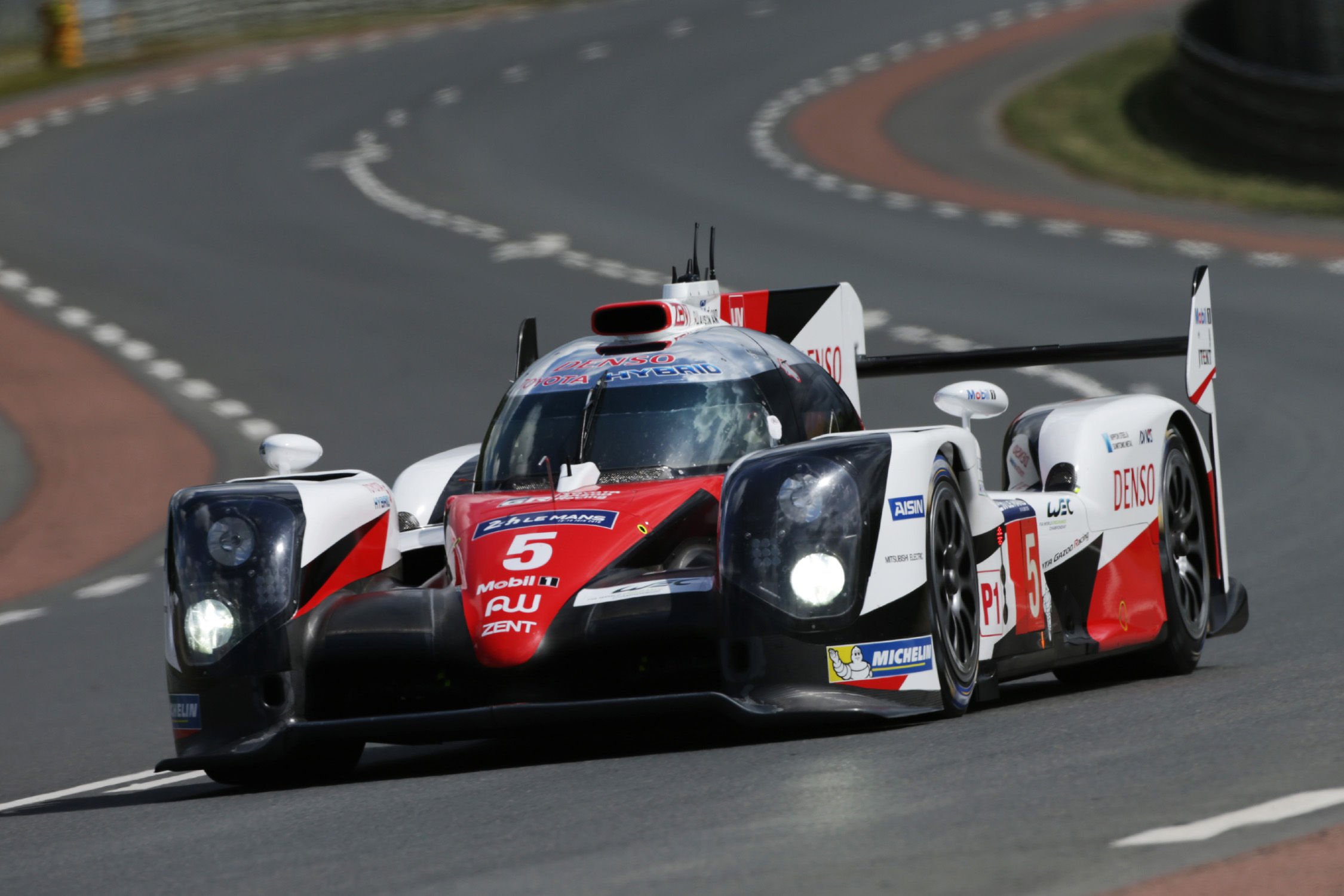In the ever-evolving realm of competition, a new frontier has emerged: hybrid competition. Blending elements of traditional physical contests with the digital prowess of the modern age, hybrid competition represents a dynamic fusion of the old and the new. This innovative approach to competition has sparked intrigue across diverse fields, from sports to gaming, from business to entertainment, ushering in a new era of engagement and excitement.
At its core, hybrid competition seeks to leverage the strengths of both physical and digital domains, offering participants a multifaceted experience that transcends the limitations of either realm alone. Whether it’s combining live events with online interactions, integrating real-world challenges with virtual simulations, or merging physical athleticism with digital strategy, hybrid competitions redefine the boundaries of what is possible, presenting a rich tapestry of opportunities for participants and spectators alike.

One of the defining features of Hybrid Competition is its inclusivity. By harnessing the power of digital platforms, these contests can reach a global audience, breaking down geographical barriers and enabling participation from individuals across the world. This democratization of competition not only expands the talent pool but also fosters a sense of community and camaraderie among participants who may never have crossed paths otherwise.
Moreover, hybrid competition offers unparalleled flexibility and scalability. Unlike traditional events constrained by venue capacities and logistical considerations, hybrid contests can easily adapt to varying circumstances, accommodating participants of all skill levels and preferences. Whether it’s a small-scale local tournament or a large-scale international championship, the hybrid format can cater to diverse needs and aspirations, ensuring that everyone has a chance to compete and excel.
In the realm of sports, hybrid competitions have revolutionized the way we perceive athletic prowess. From augmented reality-enhanced races to esports tournaments featuring physical challenges, athletes are constantly pushing the boundaries of what it means to compete in the digital age. These innovative formats not only test the physical abilities of participants but also challenge their strategic thinking and adaptability, creating a truly immersive experience for both athletes and spectators.
Similarly, in the realm of gaming, hybrid competitions have transformed the landscape, blurring the lines between virtual and real-world gameplay. From esports events with live audiences to mixed-reality gaming experiences that integrate physical environments with digital elements, gamers are embracing new forms of competition that offer unprecedented levels of excitement and engagement. These hybrid formats not only showcase the skills of top players but also invite amateurs to join the fray, leveling the playing field and fostering a sense of inclusivity within the gaming community.
Beyond sports and gaming, hybrid competition is also making waves in the business world, where companies are leveraging innovative formats to engage customers, incentivize employees, and drive growth. From hackathons that combine coding challenges with real-world problem-solving to marketing campaigns that blend online interactions with offline activations, businesses are harnessing the power of hybrid competition to achieve their objectives in creative and impactful ways.
However, while hybrid competition offers immense potential, it also presents unique challenges and considerations. From ensuring fair play in digitally-mediated contests to addressing concerns around privacy and data security, organizers must navigate a complex landscape fraught with technical, ethical, and logistical considerations. Moreover, as the boundaries between physical and digital realms continue to blur, questions around regulation, governance, and accountability become increasingly pertinent, necessitating careful deliberation and collaboration among stakeholders.
In conclusion, hybrid competition represents a bold new frontier in the world of competition, offering a rich tapestry of opportunities for participants, spectators, and organizers alike. By bridging the gap between traditional and digital arenas, hybrid contests transcend the limitations of either realm alone, fostering inclusivity, innovation, and engagement in unprecedented ways. As we continue to explore the possibilities of this emerging format, one thing is clear: the future of competition is hybrid, and the possibilities are limitless.
